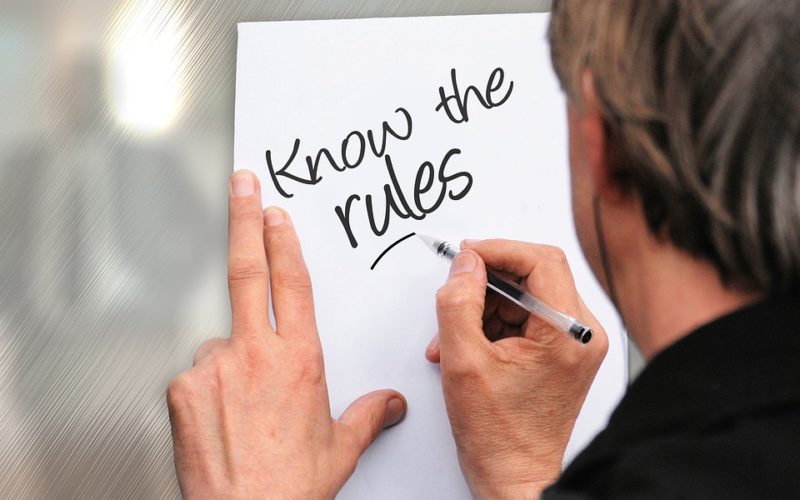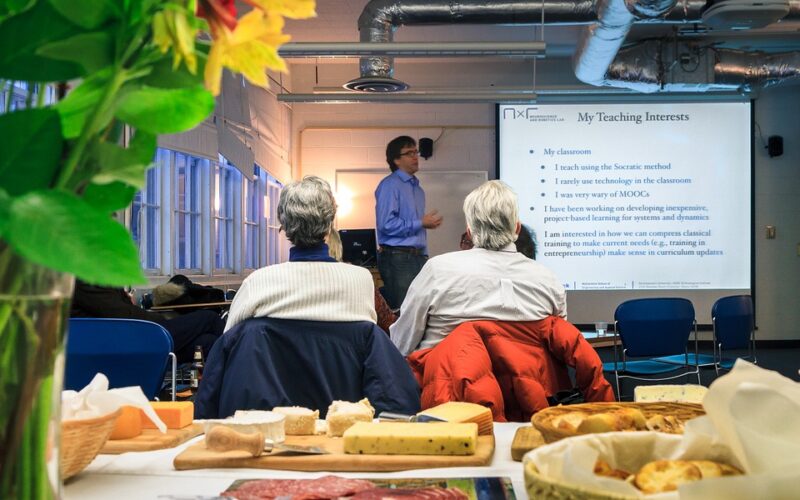Building on Prior Learning
A formal education in school has never been expected to provide students with all the answers as they travel through live, but it does give them the tools to find the information they need to succeed in life. It does this by teaching the fundamentals of many areas where education is necessary in life, and the student is given a chance to progress further as they build on what they have already learned. Most subjects children learn in school are repeated through the years, and the reason they are continued is to help the student retain the basics while refining their understanding of the subject.
Progression in Mathematics
When children first begin their formal education in mathematics, they are generally taught to count to ten. It is an easy concept for them to learn because they can see there are ten fingers on their hands or ten toes. Learning to count is a basic lesson, but it does not go far unless the student learns how to manipulate the numbers to help them arrive at a conclusion. Educators begin as soon as possible to teach them the basics of calculation with addition and subtraction, and these skills will be part of their lessons even as they progress to more complex mathematics. It is one of the ways education is repetitious while building more steps onto the education already given.
From Letters to Words
Learning the alphabet is the first step in learning how to read and write, but young children often see it as a simple and fun way to please their parents. When they begin school, their teachers will stress the importance of knowing all the letters and they will teach the children the sounds each one can make. Once young students have mastered these concepts, words will become their next step. putting them together in sentences is the next step in their progression, and English KS2 Powerpoints students begin to learn the basic parts of each sentence that must be present for it to be complete. Primary Teaching Resources has tools to help educators in their goal of teaching students these basic lessons that will serve them throughout life.
Atoms to Anatomy
Science is an important subject for students to learn because it teaches them how the world around them operates, and it can help them understand what will or will not work. Their studies in this area begin with the building blocks of the world, and they are often taught the basic periodic table of elements. Their next step will be to understand how combining some elements can create new and usable items for everyday life, and a good example is mixing hydrogen and oxygen to create water. It might seem a simple concept for most adults, but children are just beginning to learn about science when they start school.
Educating children is an important part of society, so it is best to start with the basics and refine them over the years. Students who understand the most elemental facts can then progress to more complex concepts, and they will eventually have the ability to learn as much or little as they want in life.





